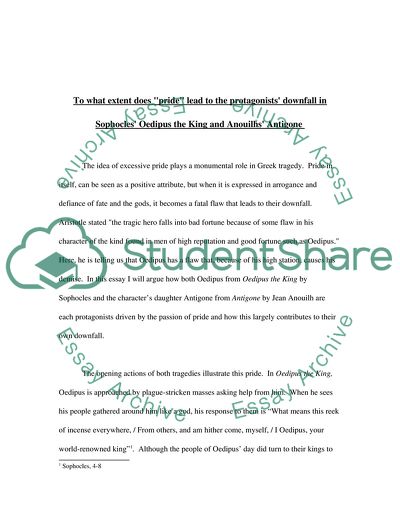Cite this document
(Pride Leading to the Protagonists' Downfall Essay Example | Topics and Well Written Essays - 1250 words - 2, n.d.)
Pride Leading to the Protagonists' Downfall Essay Example | Topics and Well Written Essays - 1250 words - 2. https://studentshare.org/literature/1535675-english-literature
Pride Leading to the Protagonists' Downfall Essay Example | Topics and Well Written Essays - 1250 words - 2. https://studentshare.org/literature/1535675-english-literature
(Pride Leading to the Protagonists' Downfall Essay Example | Topics and Well Written Essays - 1250 Words - 2)
Pride Leading to the Protagonists' Downfall Essay Example | Topics and Well Written Essays - 1250 Words - 2. https://studentshare.org/literature/1535675-english-literature.
Pride Leading to the Protagonists' Downfall Essay Example | Topics and Well Written Essays - 1250 Words - 2. https://studentshare.org/literature/1535675-english-literature.
“Pride Leading to the Protagonists' Downfall Essay Example | Topics and Well Written Essays - 1250 Words - 2”. https://studentshare.org/literature/1535675-english-literature.


